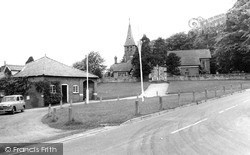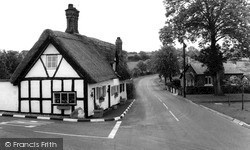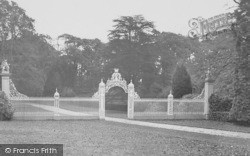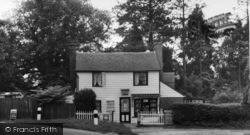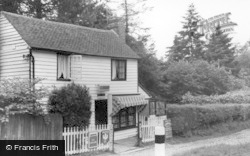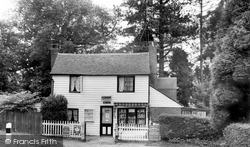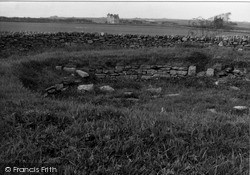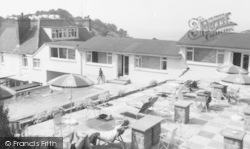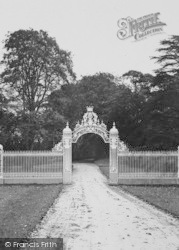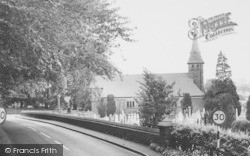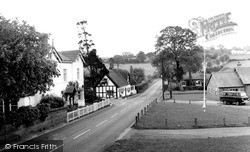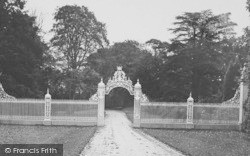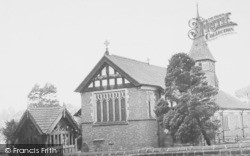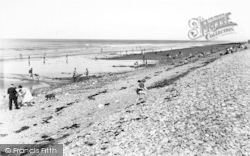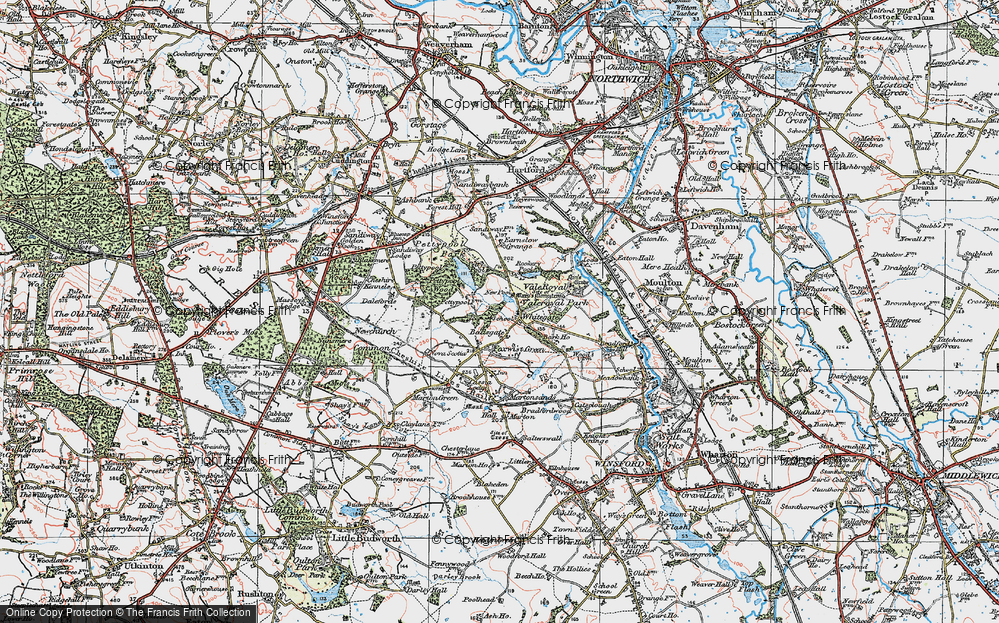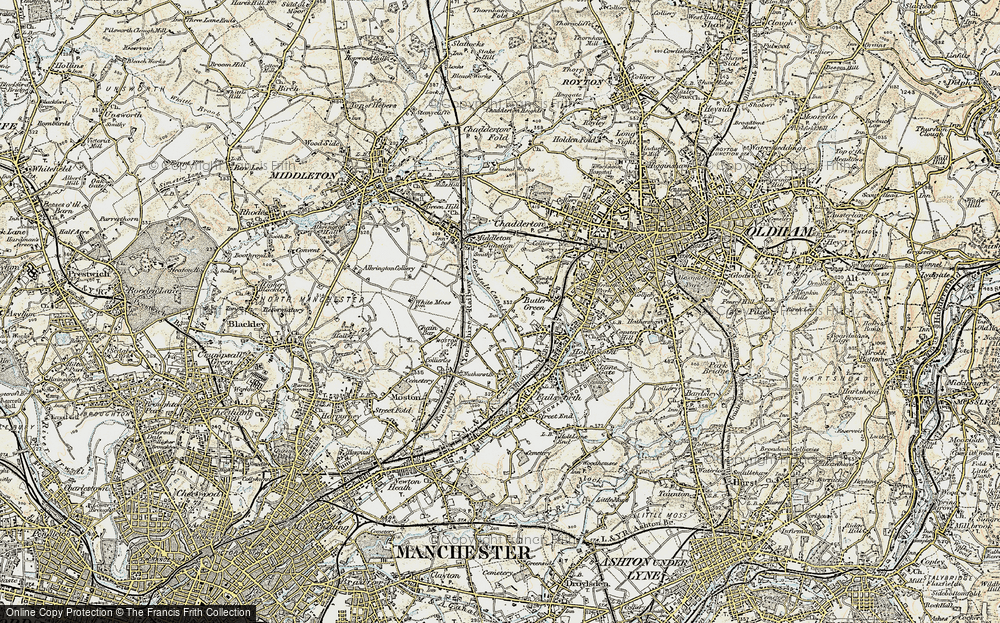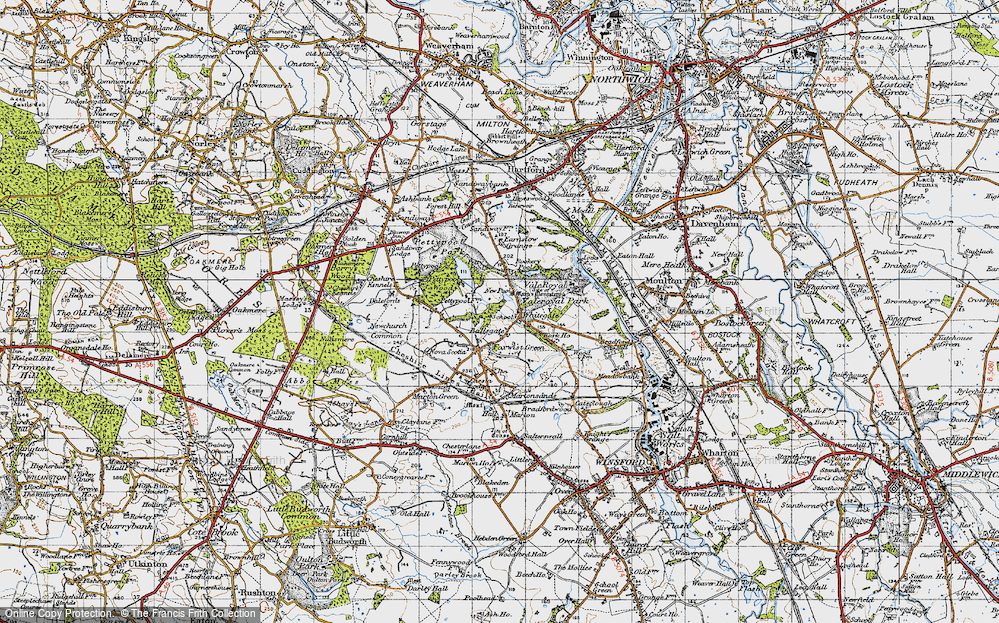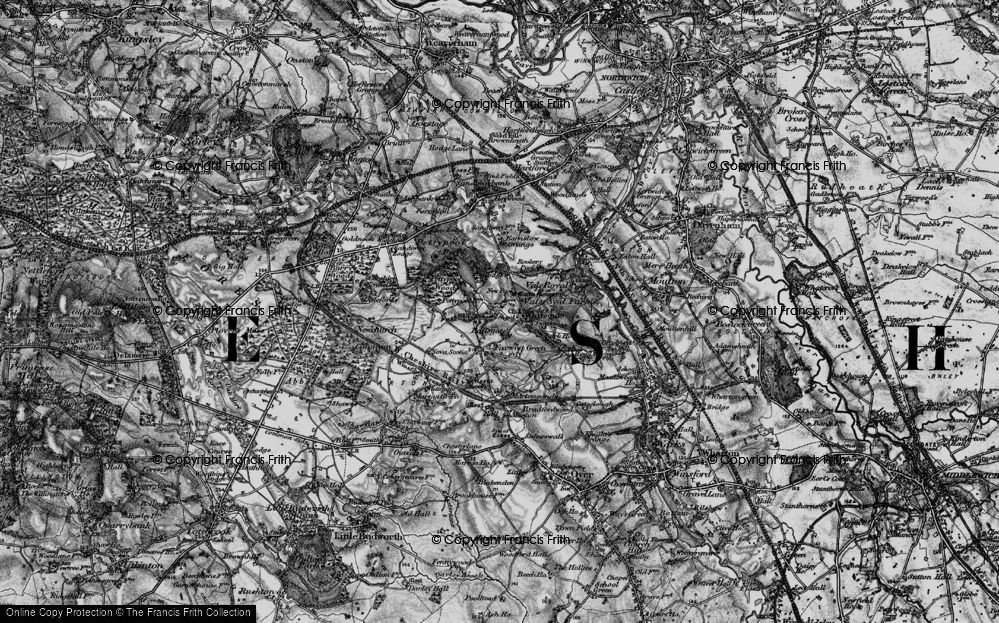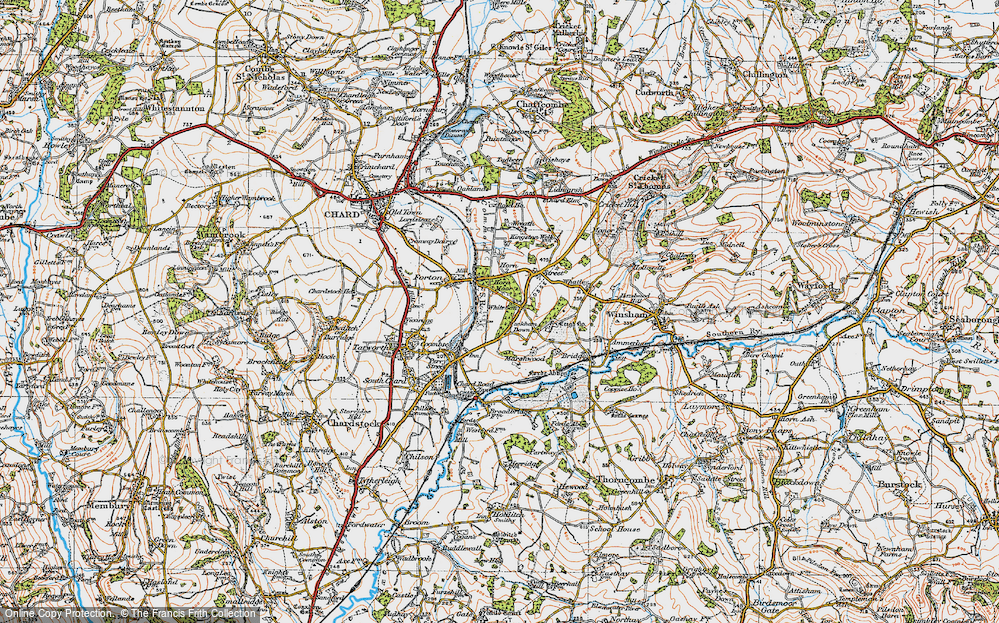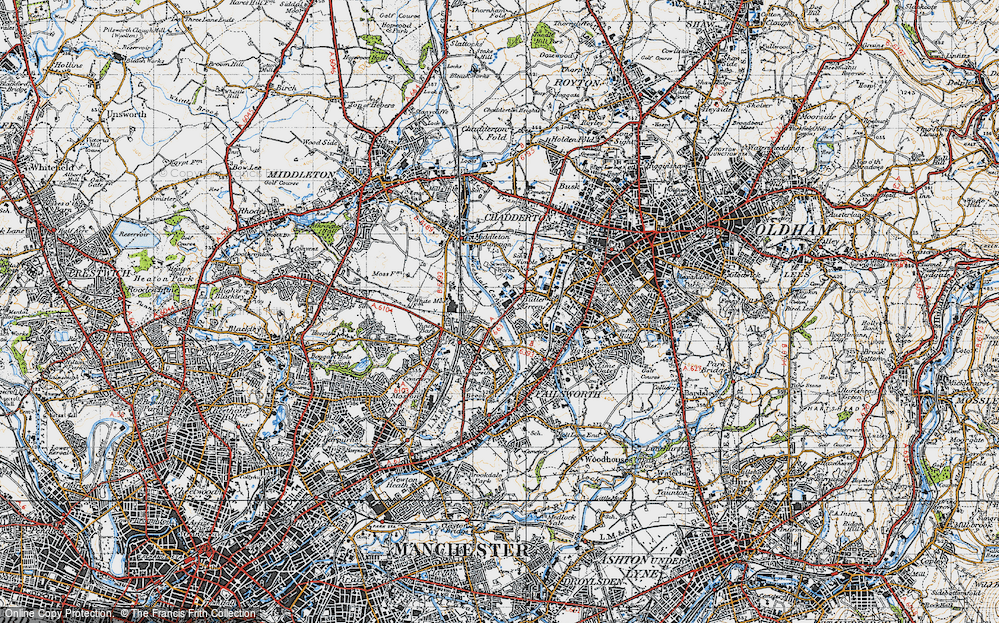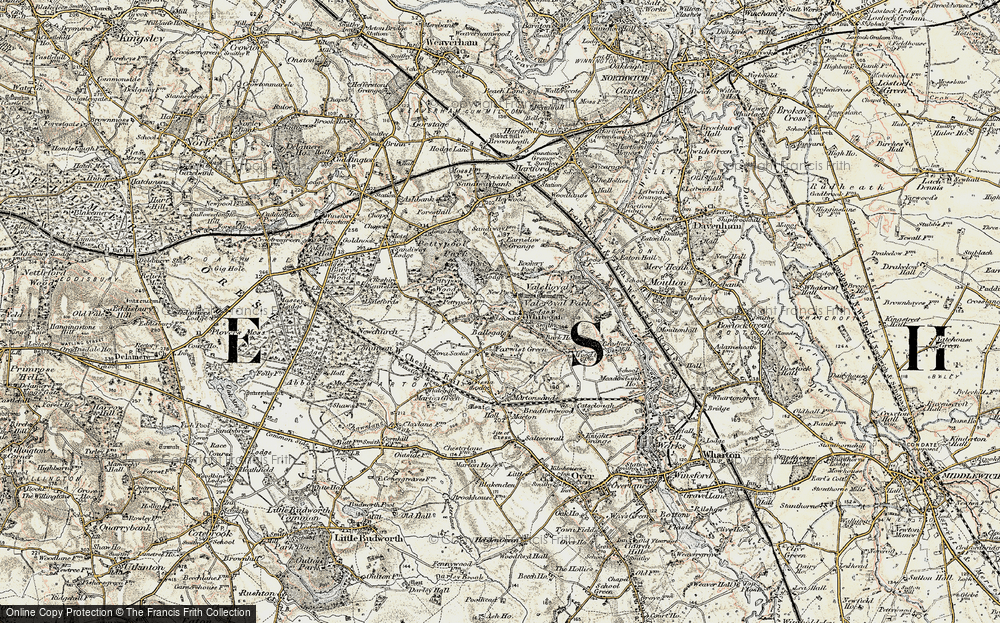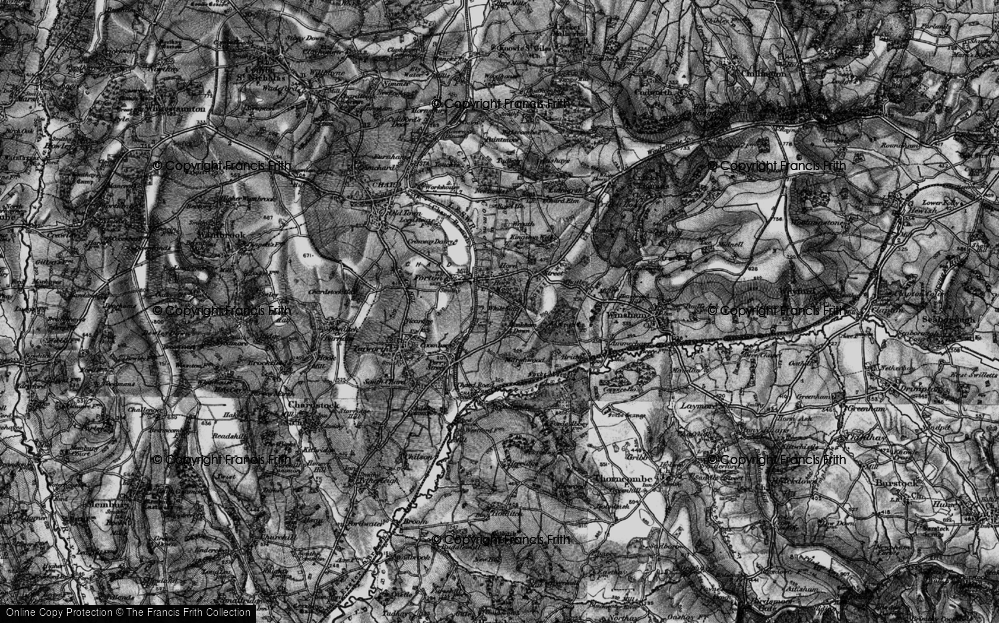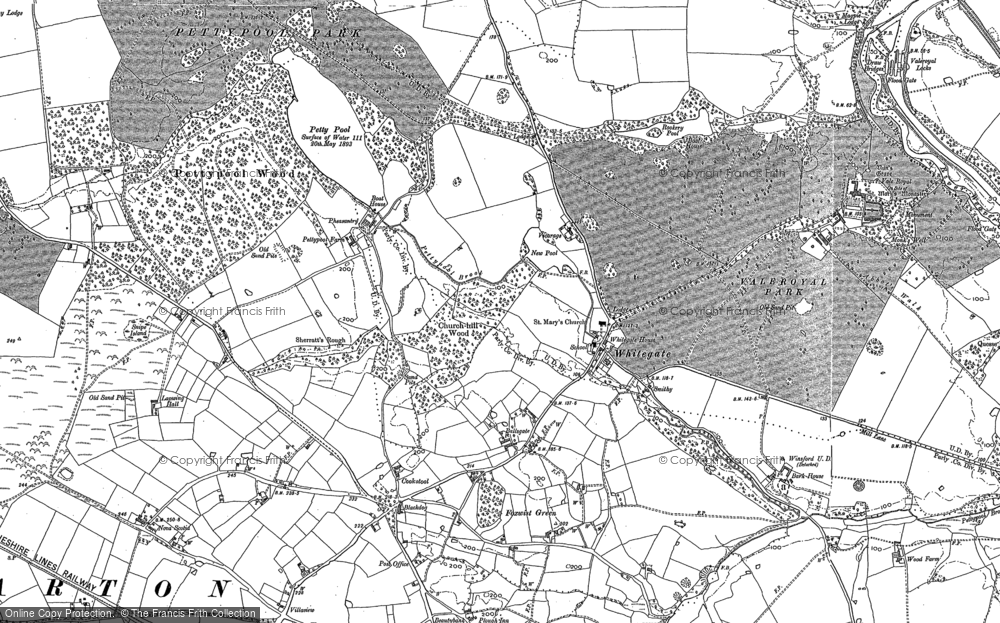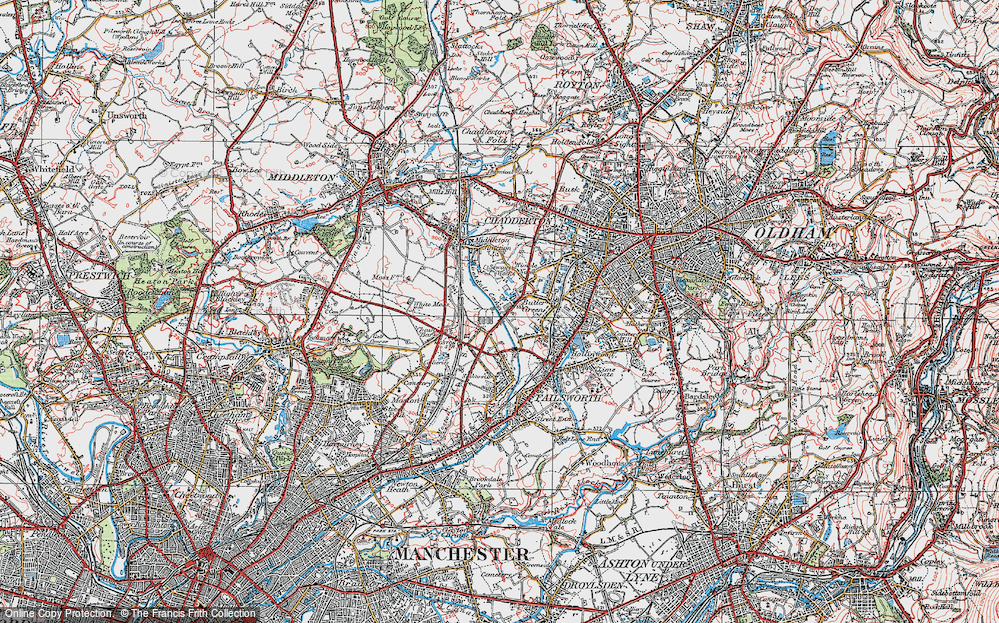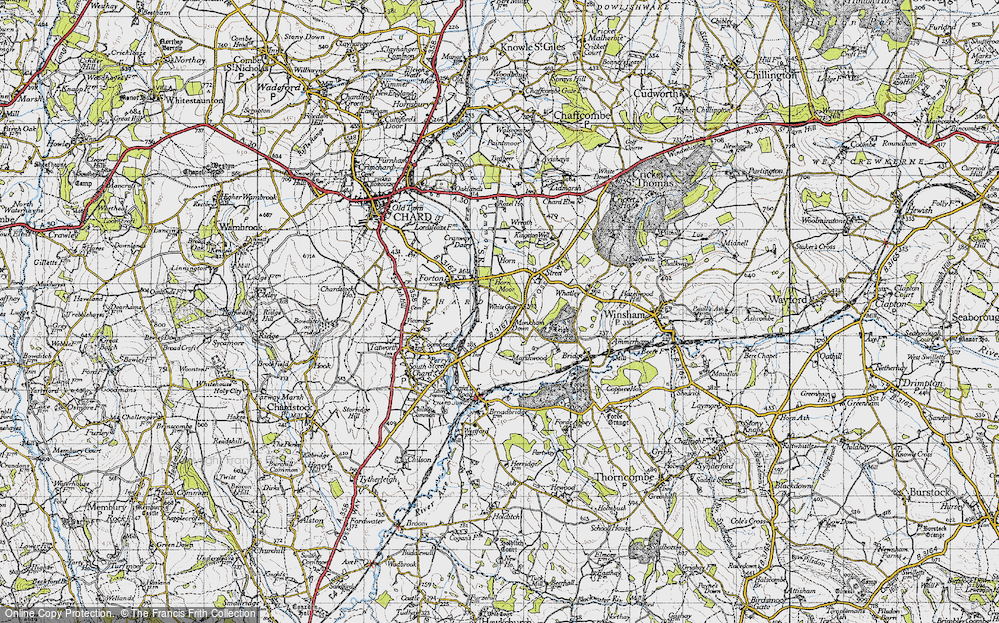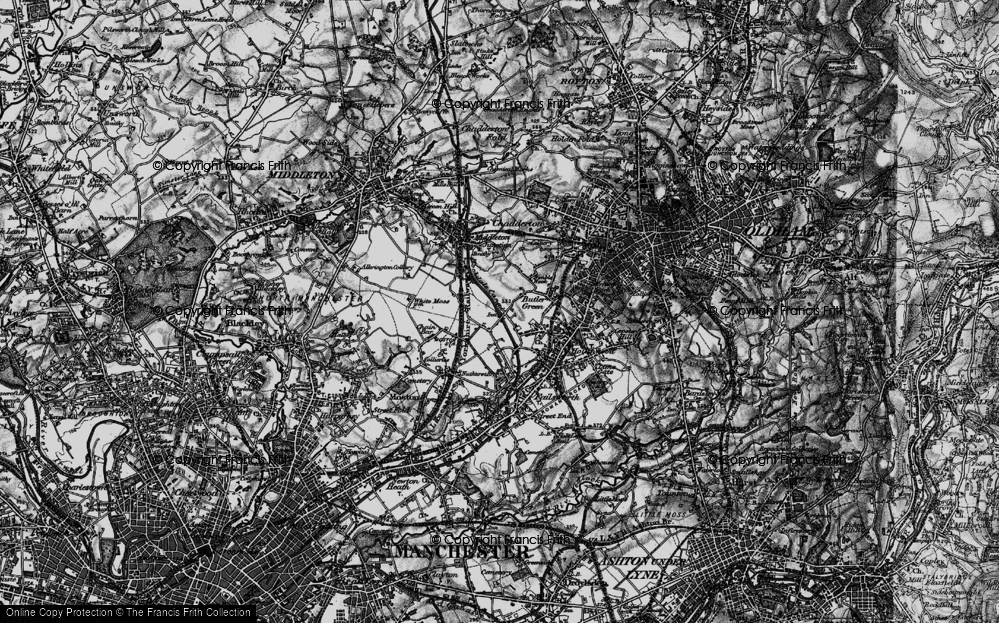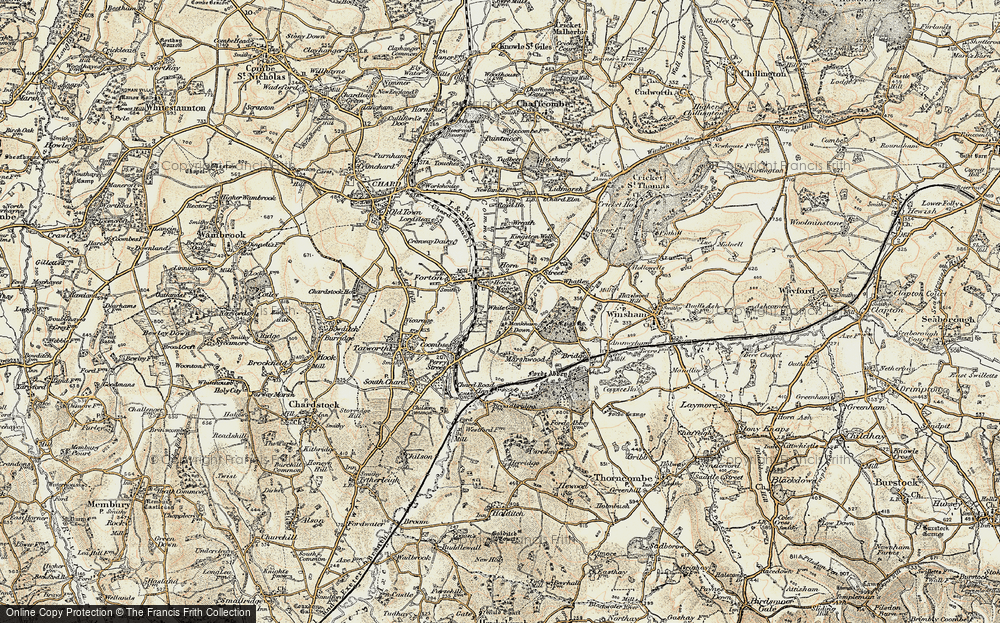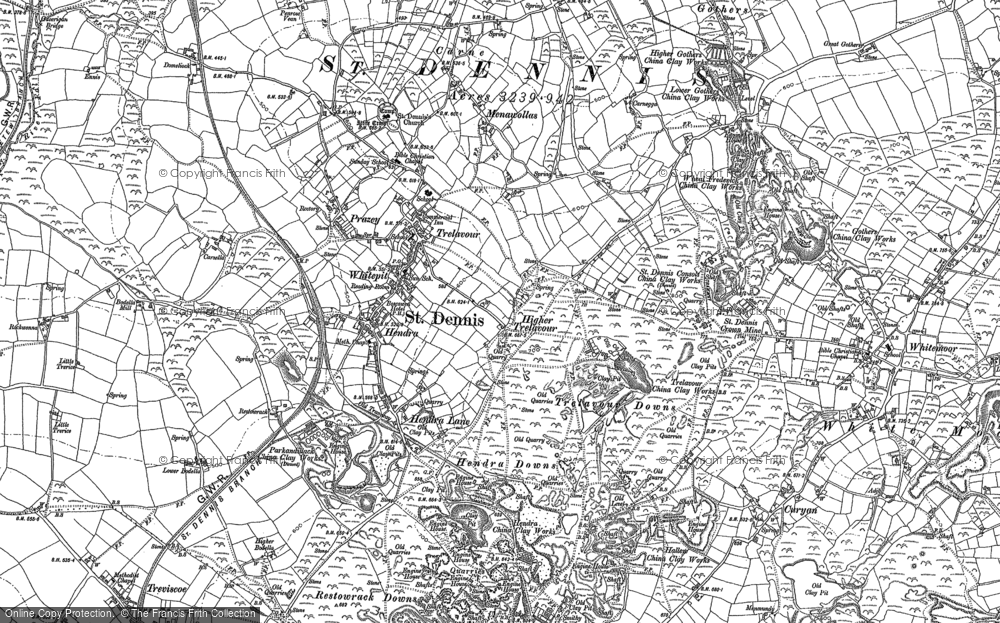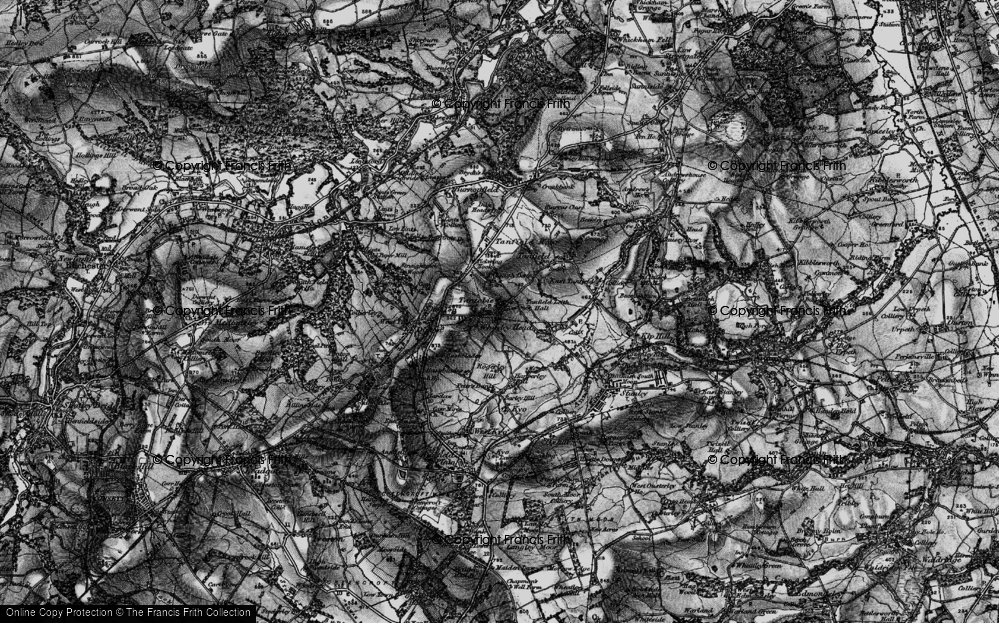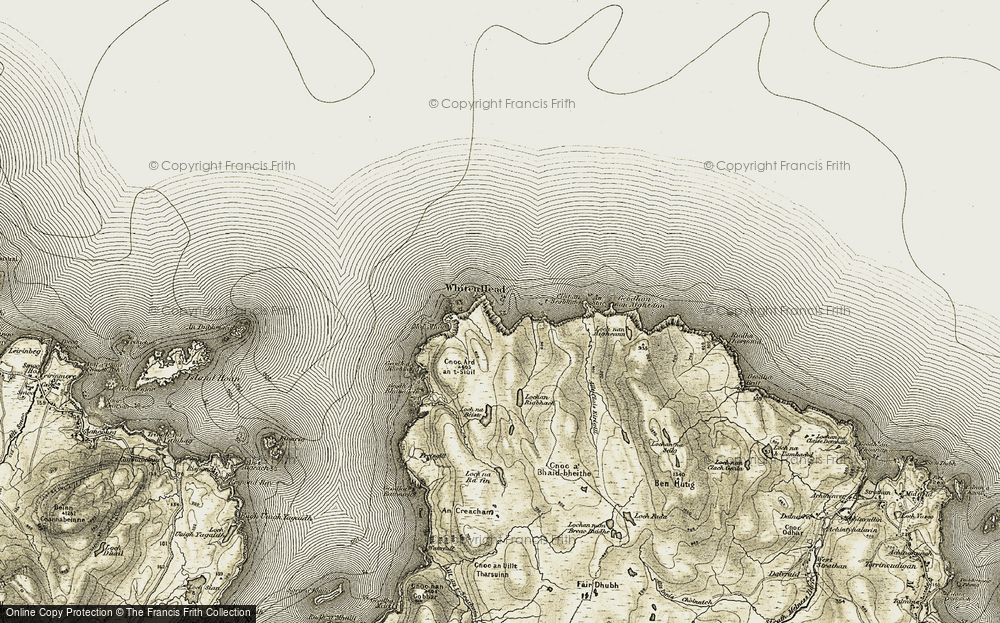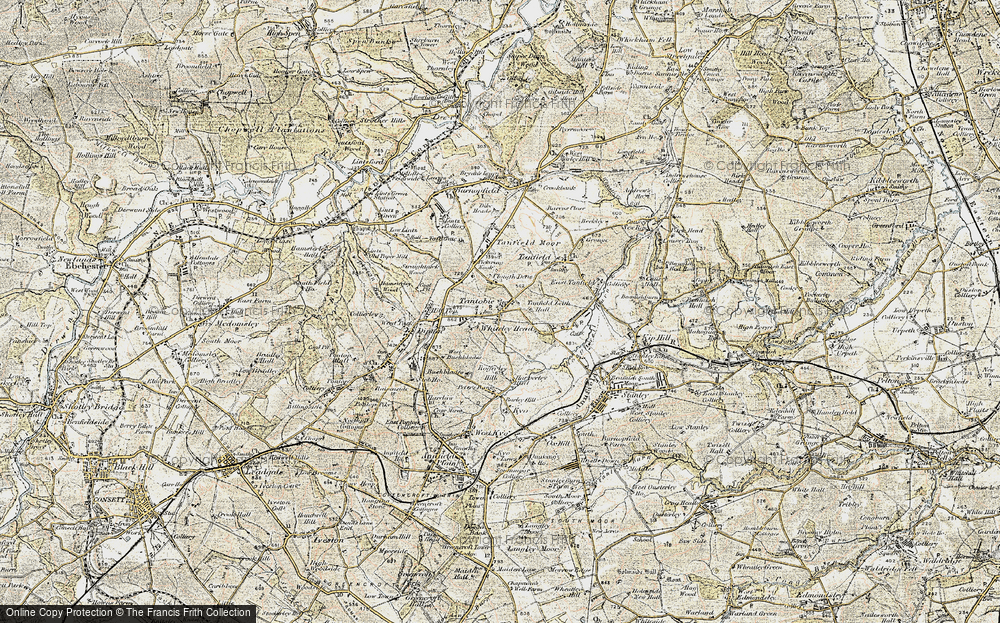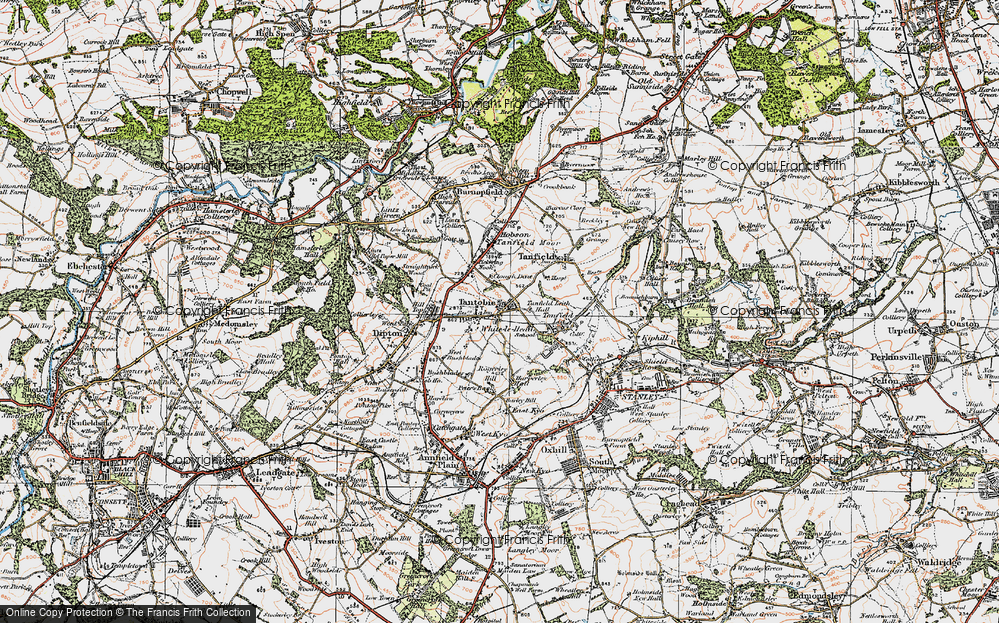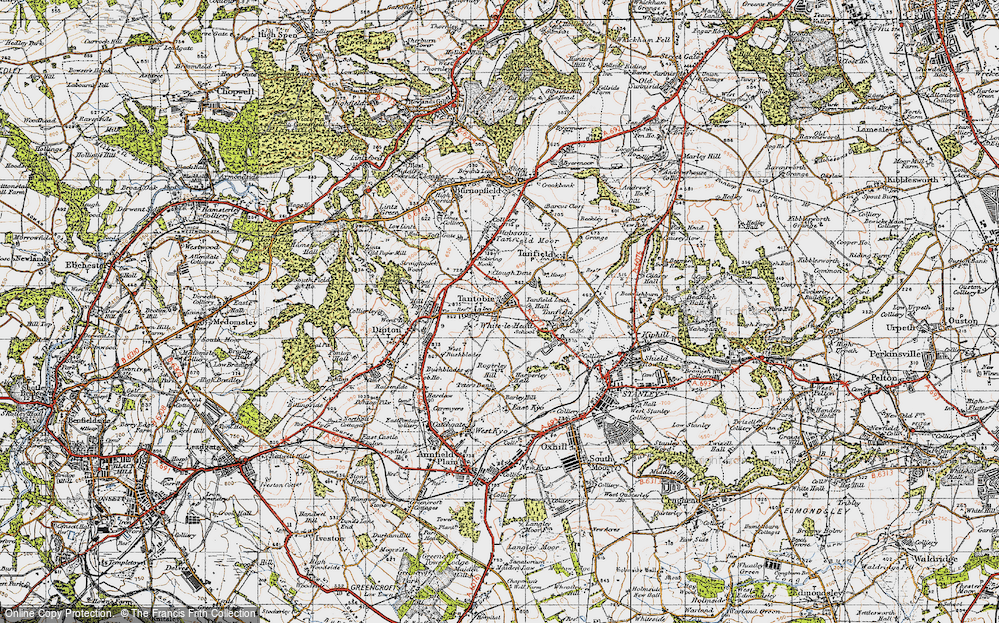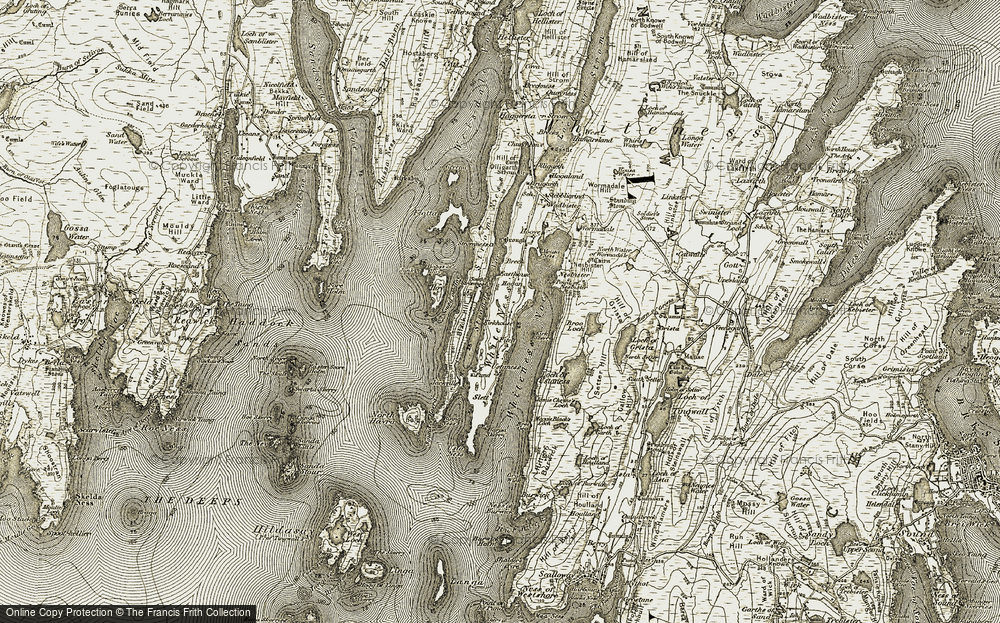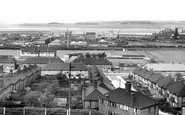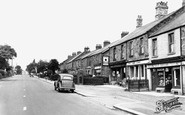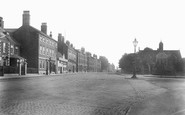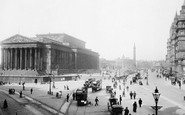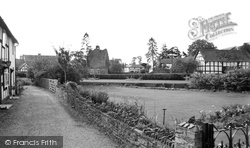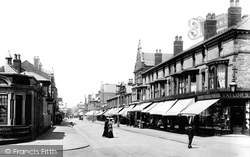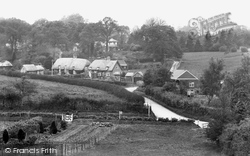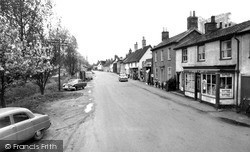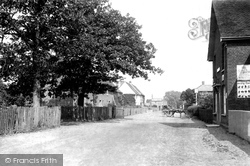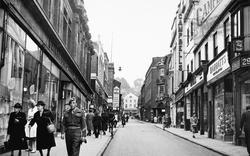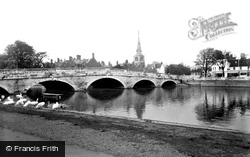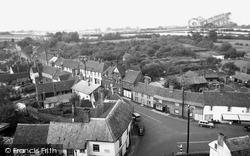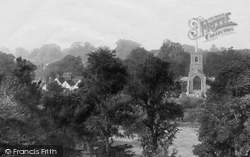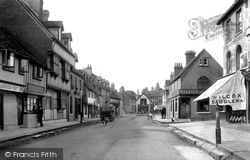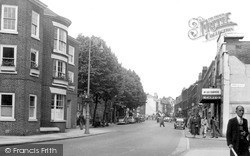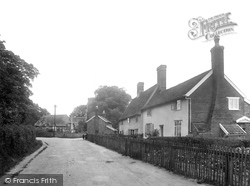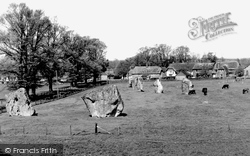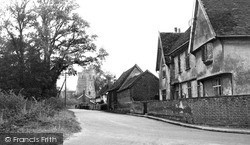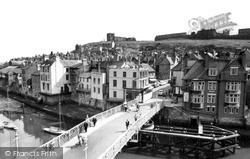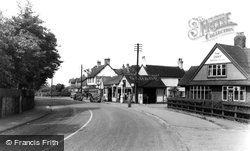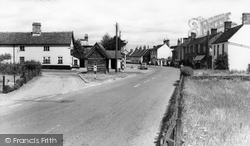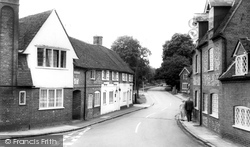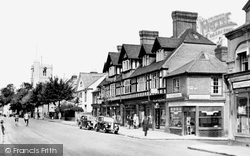Places
3 places found.
Those places high-lighted have photos. All locations may have maps, books and memories.
Photos
14 photos found. Showing results 1 to 14.
Maps
213 maps found.
Books
Sorry, no books were found that related to your search.
Memories
43 memories found. Showing results 1 to 10.
Childhood Memories.
I was born at 50 Nancy Road, Grimethorpe on the 12 December 1944. At this time this address was the White City police house and had the West Riding police crest attached to the front of the house. My dad, Robert Cox, had come ...Read more
A memory of Cudworth in 1944 by
Caster Avenue
I was born at 46 Caster Avenue in 1951, my name was then Sue Riley. My mother was Lilly, my grandparents were Jack and Maud Clare who lived at 17 Caster Avenue. I have happy memories of playing on the bloody field and the reck ...Read more
A memory of Runcorn in 1956 by
White City/Newburn Road.
We came to live at 12 Hewley Crescent in 1950. My gran, Mrs Knight, lived on Newburn Road, at that time she only had gas lighting and cooking. She had electricity installed in 1955 for the FA Cup on TV, she had a ...Read more
A memory of Throckley in 1950 by
Pastures Avenue, Nottingham
I remember Clifton in a different light. We lived at 17 Pastures Avenue during 1966/7, my brother or one of them, he's the youngest, was born there. I met my half sisters and brothers there. I have always liked ...Read more
A memory of Newark-on-Trent in 1967 by
Lodging In Lings
I worked for a company called Biwater. They had a contract at Broadholme sewrage treatment works near Rushdun. I had lodgings with a family in Lings, John and Margaret Conway. John was originally from S. Wales. He worked at ...Read more
A memory of Northampton by
Love Letter Found.
My wife has a poetry book. Inside was found a love letter dated New Years Day 1943. It was addressed to a person at 'White Gates', Copthorne Bank, Sussex. It is a wonderful message from a gentleman to a lady. To hold a letter, ...Read more
A memory of Beechfield in 1943 by
Infant And Junior School In Earl Shilton Late 1960s To Mid 1970s
I lived on Cedar Road, my parents having bought a house (in which my mother still lives) on the new estate in 1964. I attended Wood Street Infant School from 1968 to 1971, Hill ...Read more
A memory of Earl Shilton in 1970 by
Marton Boarding School
I went to Marton Boarding School from 1965. I have often given it a thought over the years. Yesterday I was in mid Wales and came back along that way. I decided to go and have a look. I went to Whitegate Church where we ...Read more
A memory of Whitegate by
Lime Street Station
In 1964 I started teaching at Brookfield School, Kirkby. and stayed "in digs"in Aigburth, Liverpool. For several years Lime Street Station was my arrival and departure point as I travelled between Liverpool and Swansea. Lime ...Read more
A memory of Liverpool in 1965 by
Growing Up
I was born on the 24th of July 1929 above a shop next to a pub called the Rose of Denmark, in Hotwells, Bristol, very convenient for Father to wet his whistle and my head at the same time. Father was born in 1893, Mother in 1895. They ...Read more
A memory of Bristol in 1930 by
Captions
32 captions found. Showing results 1 to 24.
Whitegate is named for an old white gate which would once have marked the entrance to the former Vale Royal Abbey.
Notice the white gate held open beside the lane – in the deeds for Arrow Bank it is stated that this gate must be closed once a year.
James Duckworth Ltd, the grocery and provision chain, had a branch in this street, and others in Waterloo Road and Whitegate Drive.
The white gate at the bottom of the neat garden near the camera opens onto the Alton to Medstead road.
The village shop beyond remains, and so does Emmett's grocer's and draper's at the far white gable.
The white gabled building (centre left) has been the post office since the 1940s. At the end is the School House, occupied by Richard Cobb. The school was built in 1844 and closed in 1984.
The view north along High Street is terminated by a white gabled building, now O'Neills pub. The road deviates to the right here, to tackle the climb of 150 feet up The Strait and Steep Hill.
Centre right, the white gable was hidden by Vines Corner, seen in view 70432. There is some townscape benefit in seeing more of St Paul's Church spire and tower, I suppose.
The red brick Ashley House, with the large white gable (centre), was built for Joseph Simpson in 1875; due to its cost, it was known as Simpson's Folly.
On the left, peeping through the trees, are the white gables of the Old Rectory; in the foreground are the meadows skirting the River Ash which were part of the grounds of the Bishop of London's palace
White Gates c1960. Horsted Keynes, situated on the western edge of the Ashdown Forest, has a green and an assortment of period houses and cottages.
Notice the white gate held open beside the lane – in the deeds for Arrow Bank it is stated that this gate must be closed once a year.
The white gable represents market encroachment; it survived the 20th century's obsession with clearing the path for motor vehicles.
The section from the white gable end was later remodelled in the development of Golden Square.
A group of children stand by a 19th-century cottage now called White Gates.
The massive circle of stones virtually encompasses the village; here, we can see the Red Lion pub (the white gabled building), the chapel on the right, and domestic thatched housing all inside a stone
Beyond the barns are two 17th-century groups of houses: Street Cottages and the flint and brick White Gates.
We can see the back of the old Co-op - it is the building with the white gable end to the left. Workmen are putting the finishing touches to the new Cartridge's roof.
Another centre for socialising is the pub – the building with the white gable end beyond the garage.
The beautiful white gates pictured here are not the ones that give this village its name - the name probably arose from much older gates at the nearby Vale Royal Abbey, once the largest Cistercian abbey
The massive circle of stones virtually encompasses the village; here, we can see the Red Lion pub (the white gabled building), the chapel on the right, and domestic thatched housing all inside a stone
The white gable (centre right) is the former Swan, closed in the 1930s. The adjacent village shop closed in 2001.
The white gable and stack is 1930s infill and the last cottage in the left hand row features in view 70550.
Pilkingtom Manor, mostly hidden by the trees on the left, was demolished in 1959, and today only the Dower House (the white gabled building in the centre of the photograph) survives.
Places (3)
Photos (14)
Memories (43)
Books (0)
Maps (213)


